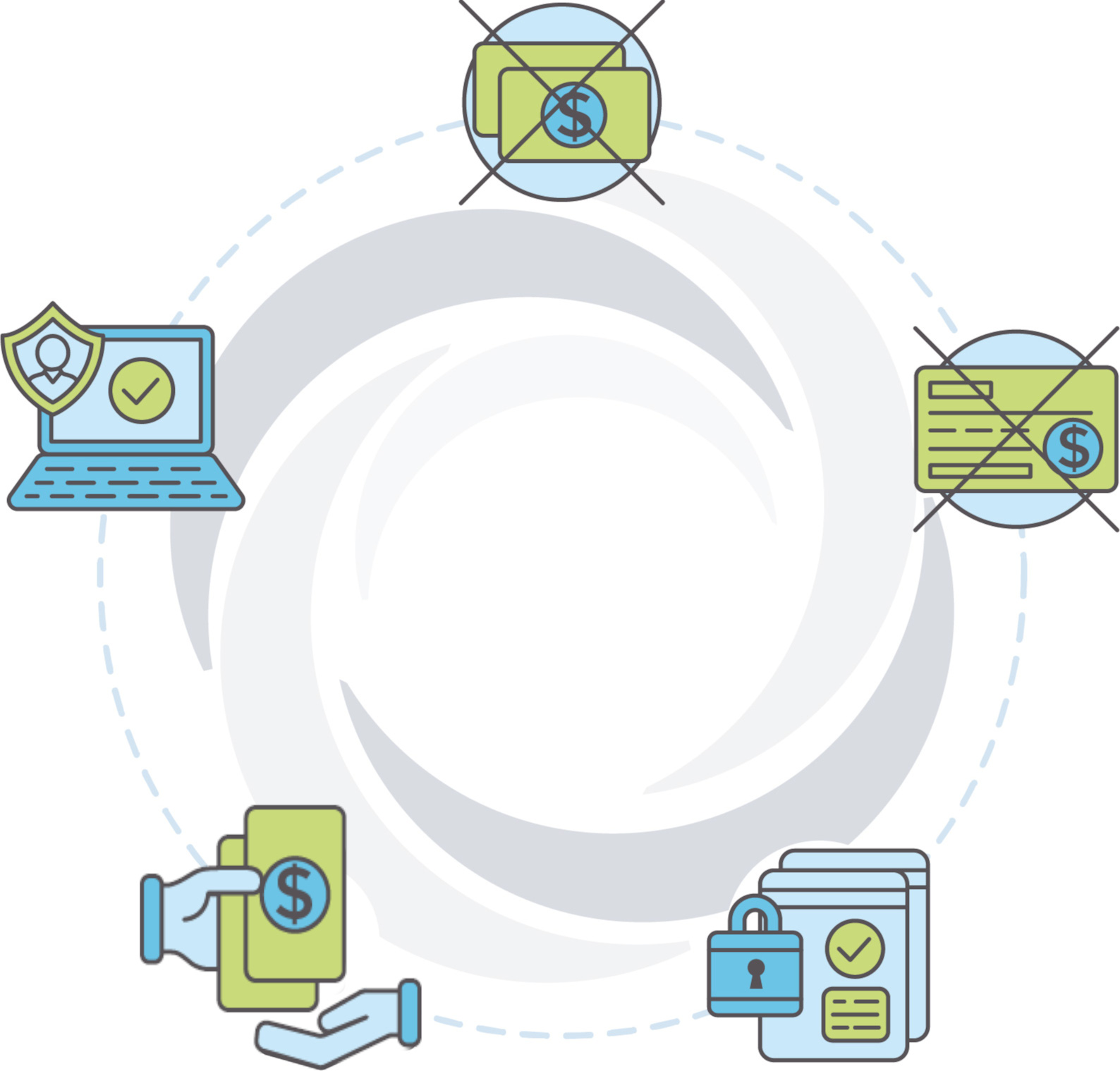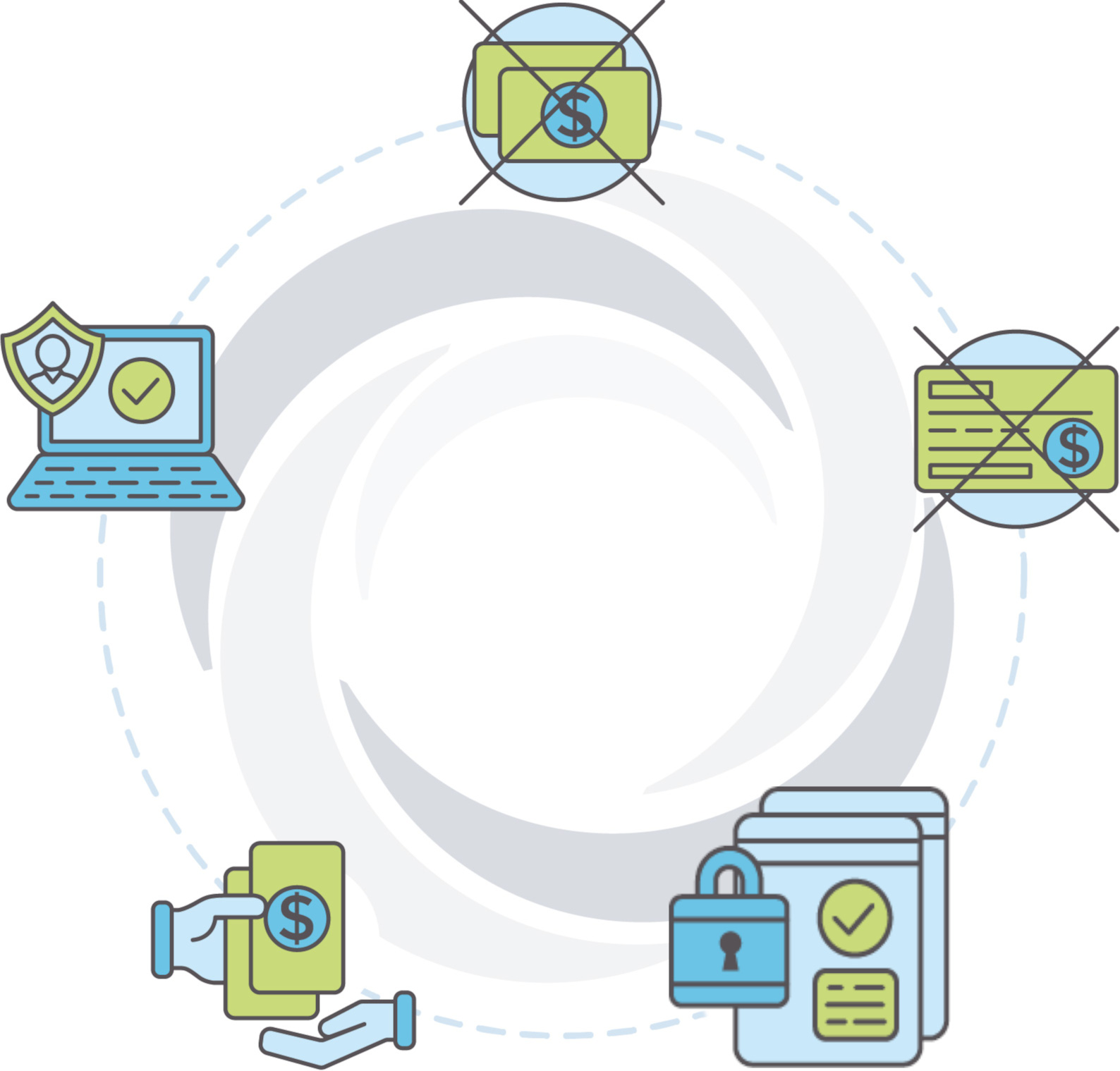Pre-Settlement Funding: Whistle Blowing and Qui Tam Lawsuits
No good deed goes unpunished, and being a whistleblower may result in your termination.
If your employer defrauds the government, you may be tempted to report the company. This is known as whistleblowing, and you can sue on behalf of the government and receive a portion of the settlement in a whistleblower, or qui tam, lawsuit. However, even though the law protects you, an employer may still try to retaliate, resulting in your demotion or even termination. According to a case study, whistleblowers are known to be responsible for exposing 43 percent of the fraud perpetrated on the government by dishonest contractors.
If you are currently fighting a Qui Tam lawsuit and need additional cash to cover your expenses while you wait for your case to settle in court, we can help. Contact USClaims to learn how you can get Qui Tam lawsuit funding today.
Some of the common types of Qui Tam lawsuit cases include, but not limited to:
- Health care fraud
- Prescription fraud
- Medicare fraud
- Medicaid fraud
- IRS tax fraud
- Defense contractor fraud
- Securities and commodities fraud
- Education services fraud
- Financial services and products
Exposing an employer of fraudulent acts is a risky proposition, but whistleblowers are rewarded with more than good karma: in a qui tam lawsuit, whistleblowers receive a percentage of the civil settlement paid by the defendant to the government. But waiting for that settlement, especially if you’ve been terminated, can cause financial hardship. Companies dig in their heels to fight, and it may be a while before you see a monetary reward for your honesty. If you’ve been fired as a result of whistleblowing, where will you get the money to pay your bills? Keep your house? Put food on the table?
That’s where USClaims lawsuit financing can help. At USClaims, we provide no-risk pre-settlement funding that will help you stay financially on track while your qui tam lawsuit settlement is pending in court. These advance lawsuit funding programs help you pay your bills so that your lawyers can fight for a fair outcome, instead of settling for less due to budgetary constraints. We work as a trusted partner with your attorney to manage your pre-settlement funding and post-settlement funding, and our fees are among the lowest in the business.
If you’ve filed a qui tam lawsuit and need financial support now, we can help. At USClaims, we offer pre-settlement funding, if a case is qualified for pre-settlement funding then we would purchase a portion of the proceeds of the anticipated court judgment or settlement for some cash now. USClaims only gets paid if a case is won or has reached a settlement! Apply now or call us today at 1-877-USCLAIMS to learn more.





